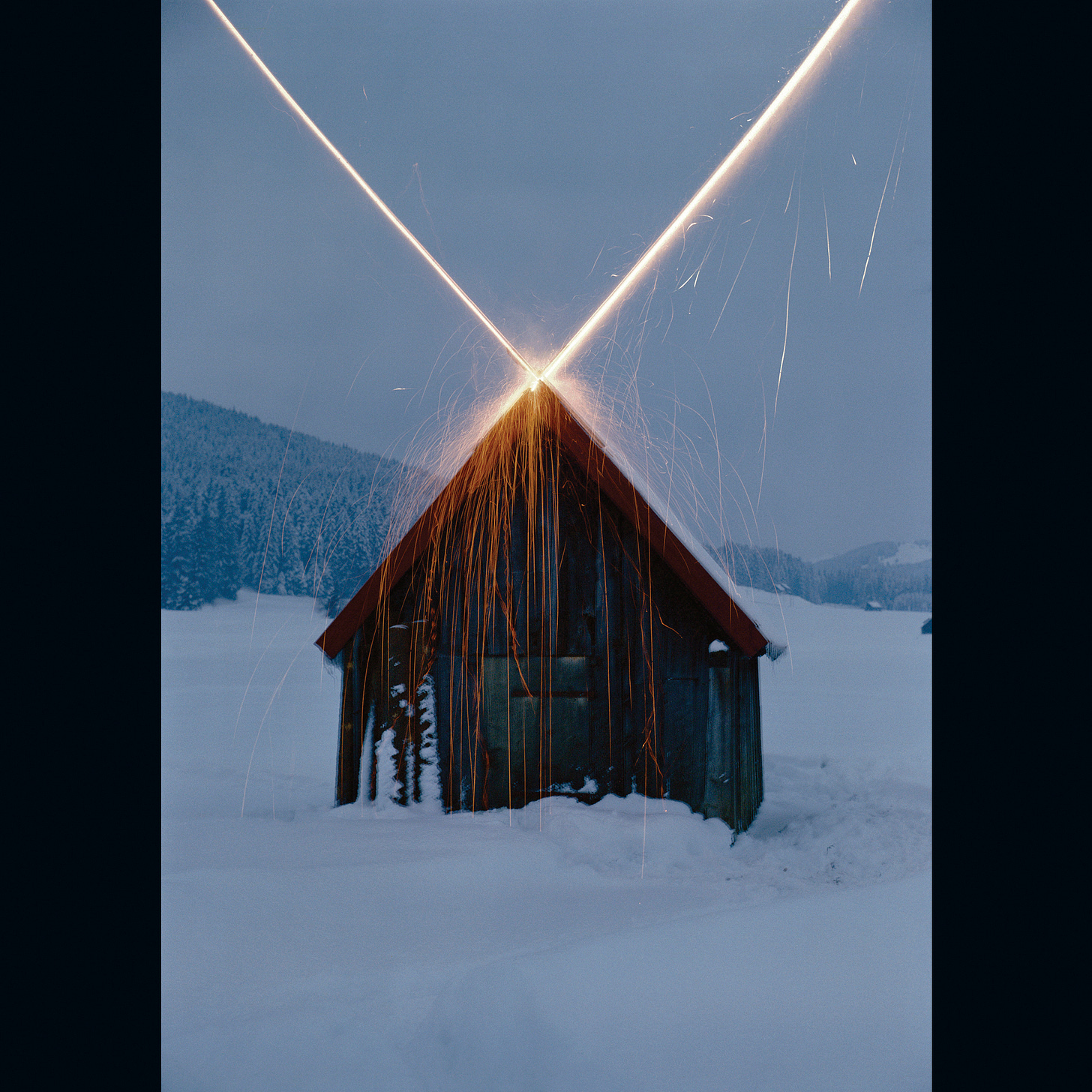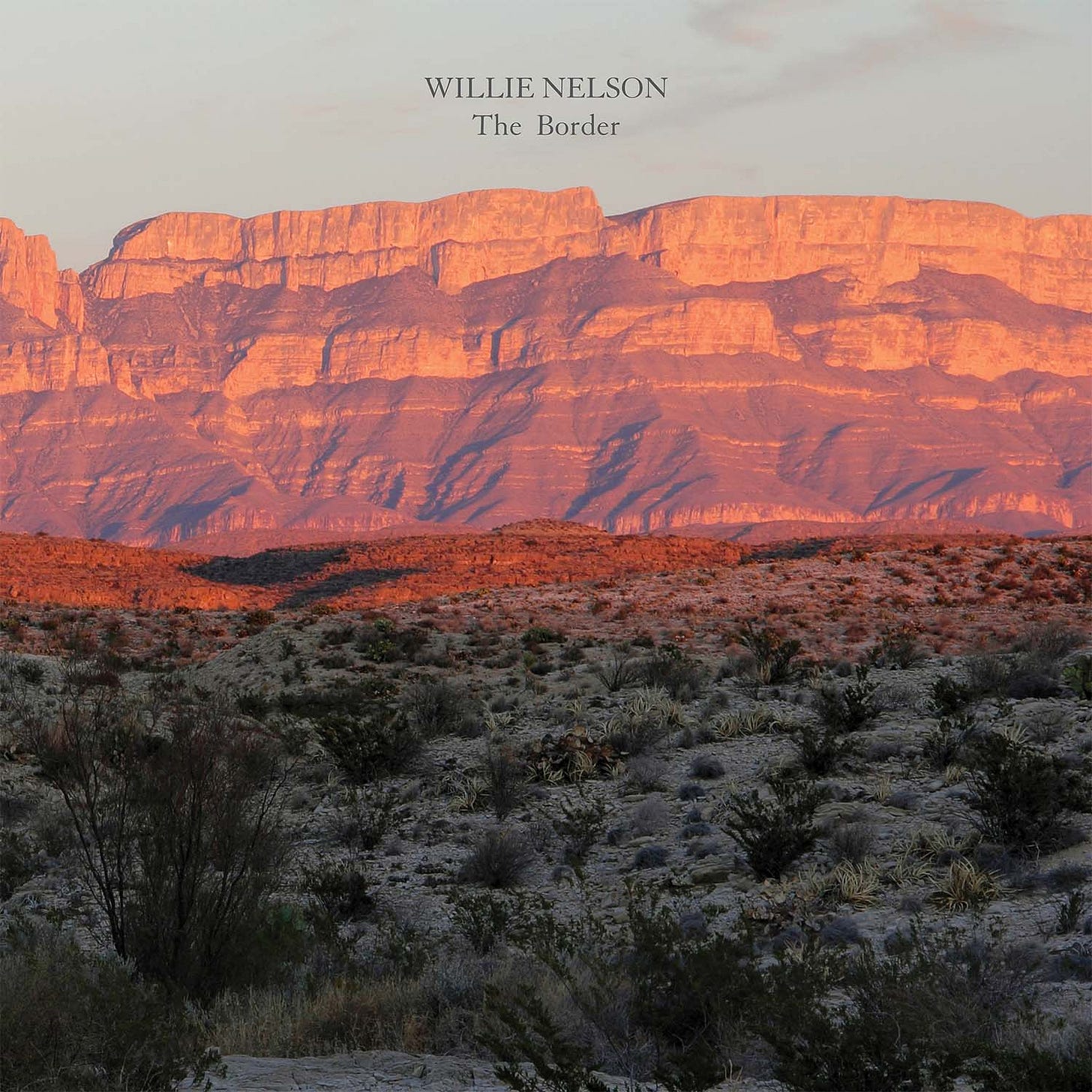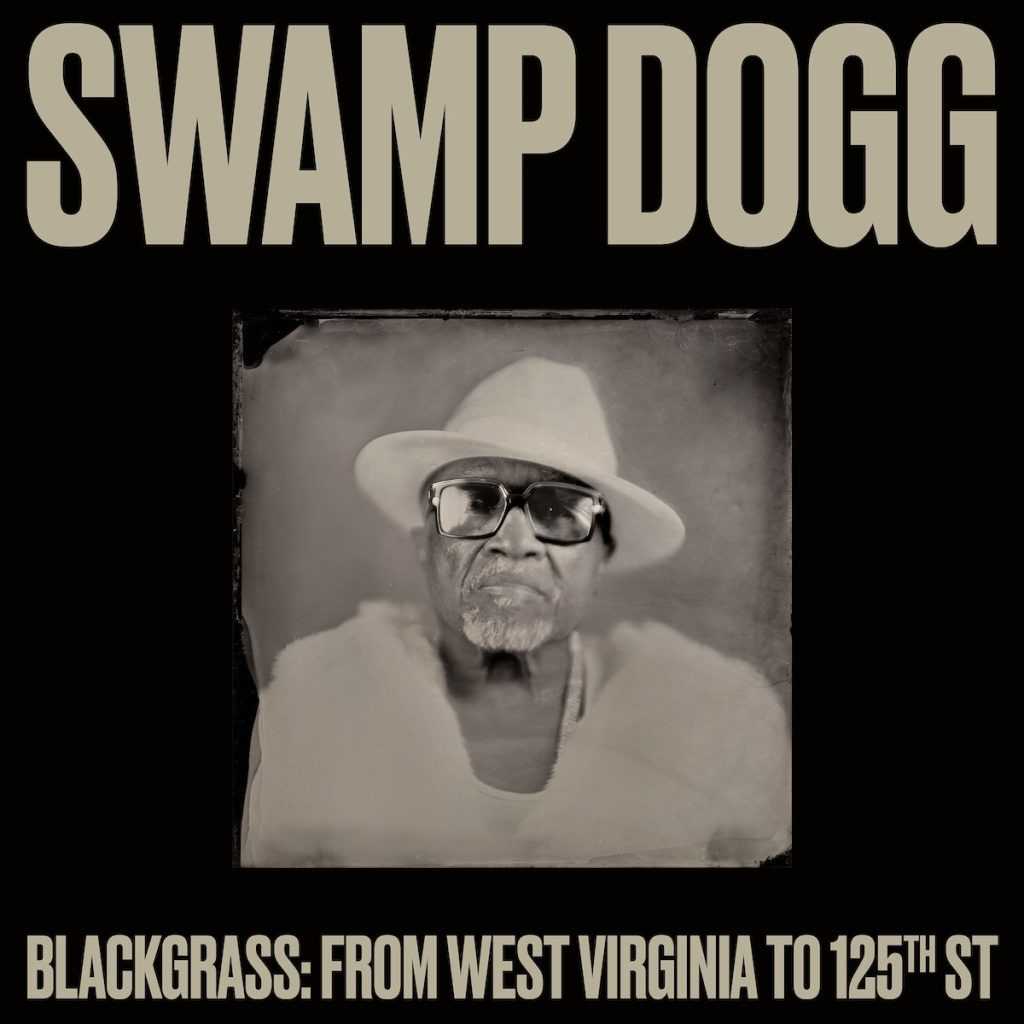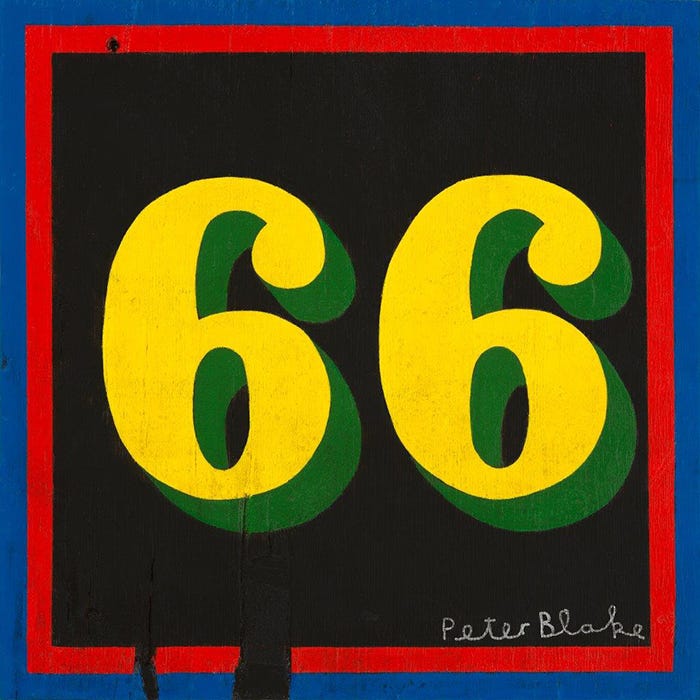On the Stereo, 6-12-24
Gastr Del Sol, Crowded House, Willie Nelson, Swamp Dogg, Paul Weller, Slash and more.
Gastr Del Sol—We Have Dozens of Titles (2024; 1993-1998)
I couldn't tell you the last time I listened to Gastr Del Sol prior to the release of We Have Dozens of Titles. I'd wager it was 1999, perhaps 2000, the changing of the calendar bringing to a close not only the collaboration of David Grubbs and Jim O'Rourke but my immersion in post-rock. The scene dissipated in the early years of the 2000s or it at least was transformed, mutating under the influence EDM and a creeping sense of austere grandeur from the likes of Sigur Ros. Gastr del Sol themselves parted ways at the dawn of the new millennium. O'Rourke joined Sonic Youth, Grubbs went onto academia, leaving behind a bit of unfinished business that the new double-disc compilation We Have Dozens of Titles puts into order.
A collection of stray tracks and unreleased recordings from the stage and the studio, We Have Dozens of Titles is nominally a rarities collection yet it feels as complete as any one of Gastr Del Sol's proper albums. Some of that is surely due to how it covers a lot of ground in its hour and 45 minutes, an expansive length that allows for performances that fall just short of the twenty minute mark. One of those tracks is "The Harp Factory on Lake Street," where Grubbs and O'Rourke are occasionally augmented by a small orchestra that creates an ominous din. It's not the only moment where there's a sudden swell of dissonance or a shard of noise. Those sudden, purposeful waves of cacophony provide a welcome bitter contrast to Gastr Del Sol's delicate explorations.
Calling Gastr Del Sol's music ambient isn't quite right, nor is it accurate to say that the music requires intense concentration. Gentle but never settled, the band music that changes the temperature of the room, music that slows the clock, music that felt slightly off center in the '90s and entirely out of phase in the digitally-addled 2020s. Listening to them again after a quarter-century hiatus is welcome: it's not so much becoming reacquainted with an old friend but remembering an aspect of yourself that you've lost.
Crowded House—Gravity Stairs (2024)
Crowded House's decision to add Mitchell Froom as a permanent member indicates the direction of the band as much as the incorporation of Neil Finn's sons Elroy and Liam into the lineup: atmosphere is now as important as either song or family to the group. That was true on Dreamers Are Waiting, the perfectly pleasant 2021 introduction of the third incarnation of Crowded House, as it is on the new Gravity Stairs, a record where the band seems to be settling into its new skin. If anything, Gravity Stairs is lighter and spacier than its predecessor, not so much unfolding as drifting as it moves from song to song. The difference is, the melodies here are as sticky as the sound, turning the album into a lovely afternoon daydream.
Willie Nelson—The Border (2024)
It could never be said that Willie Nelson is taken for granted yet his latter-day excellence on record can seem humdrum instead of the minor miracle that it is. Now 91 years old, Willie continues to move forward at a steady clip, performing regularly and releasing new records at a pace that would shame most younger musicians. The Border doesn't offer anything unexpected stylistically, nor does it need to. Willie still finds unexpected, moving textures in such meditations as "The Border" and "Many a Long and Lonesome Highway"—both co-written by Rodney Crowell—and he still has a way with a joke, a quality that helps distinguish The Border from such latter-day meditations on mortality as A Beautiful Time.
Swamp Dogg—Blackgrass: from West Virginia to 126th St (2024)
Country has been part of Swamp Dogg's lexicon ever since the start—merely one element of his iconoclastic soul music. Usually, Swamp Dogg's country veered toward the kind of music that could be played in a beer joint—either honky tonk or country-soul that could conceivably be played in a barroom—which makes the pure bluegrass of Blackgrass: From West Virginia to 126th St something of a jolt: he's never sounded quite so downhome as he does here. Jerry Williams still sounds thoroughly, unrepentantly like the Dogg of lore, opening the record with the riotous, rampaging "Mess Under That Dress" and the cheerful "Ugly Man's Wife," songs that spin his bawdy humor into mountain music. Swamp Dogg discovers plenty of tonal variations on bluegrass throughout Blackgrass, shepherding the instrumental jam "Rise Up," strolling through the old-timey blues of "Gotta Have My Baby Back," flirting with pop on the Jenny Lewis duet "County the Days" and delivering a sly punch to the gut with "Songs to Sing." It's as vigorous as it is varied, one of the best albums Swamp Dogg has ever delivered.
Paul Weller—66 (2024)
Paul Weller celebrates his 66th birthday in typical fashion: he's looking forward, not backward. 66 is recognizably the work of Weller, sitting comfortably next to such well-tailored reflections as True Meanings and On Sunset—an album where the songs are subtle and stylish, slowly becoming subsumed by the record's sweet, shape-shifting haze. Old pro that he is, he kicks up the tempo whenever the album threatens to get too mellow, a trick that sustains attention and helps reward a closer listen.
Slash—Orgy of the Damned (2024)
A superstar blues jam session was perhaps inevitable for Slash, a guitarist whose facility for secondhand blooze is matched by his inability to set his instrument down for a prolonged spell. He's a genial, accommodating host, inviting in superstars and survivors alike, having the best time with fellow rock & roll lifers Chris Robinson, Billy F. Gibbons, and Brian Johnson. Slash isn't powerful enough to salvage a disaster, though: when Demi Lovato bloviates through "Papa Was a Rolling Stone" in a hammy performance that would get her the boot on The Voice, the guitarist acts as if he's oblivious to the obvious flop sweat.
Lenny Kravitz—Blue Electric Light (2024)
Lenny's in a good mood as he plays with ideas originally minted by Prince so Blue Electric Light glides by easily. Looking back at it, I don't remember specific hooks and every song title makes me think of another, better song from another, better artist.
Bon Jovi—Forever (2024)
The Jersey rockers celebrate their fortieth anniversary by looking backward, never giving the sense they'd like to live those young, hungry years all over again…or that they're even that interested in the memories, either.







So in other words, a Lenny Kravitz record.